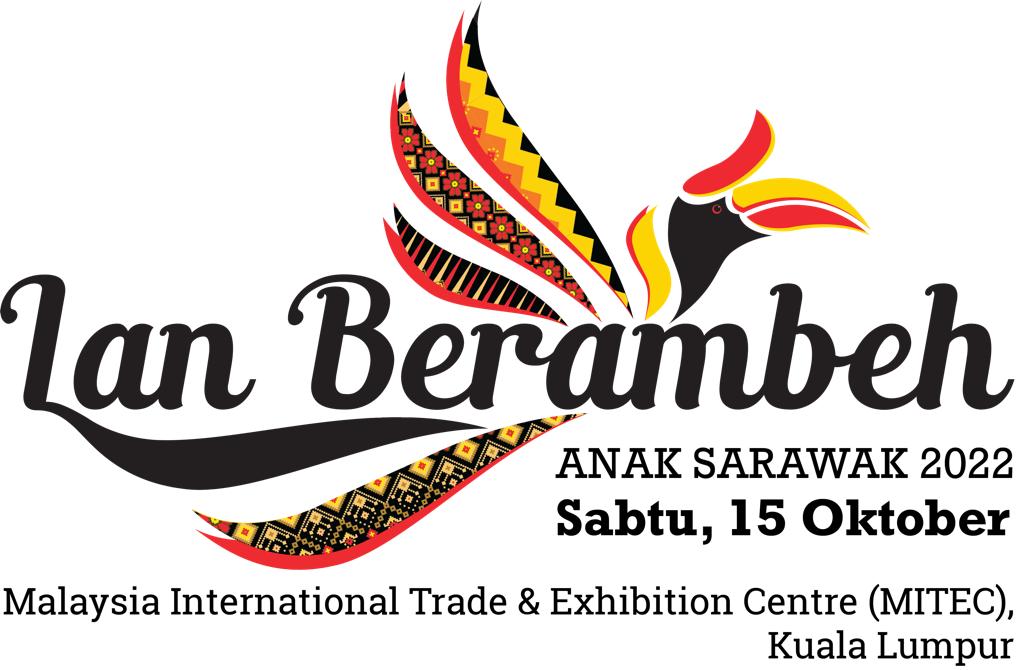| AJAX Error Sorry, failed to load required information. Please contact your system administrator. |
|
|
| Close | ||
| Loading..... |
Getting Around
The State's major towns and cities are very well connected by sea, land and air. Almost all the coastal and riverine villages and towns have jetties or landing stages facilitating convenient river travel.
Getting around Sarawak by air...sea...river and road is a wonderful experience of greenery of the country side and the riverside villages
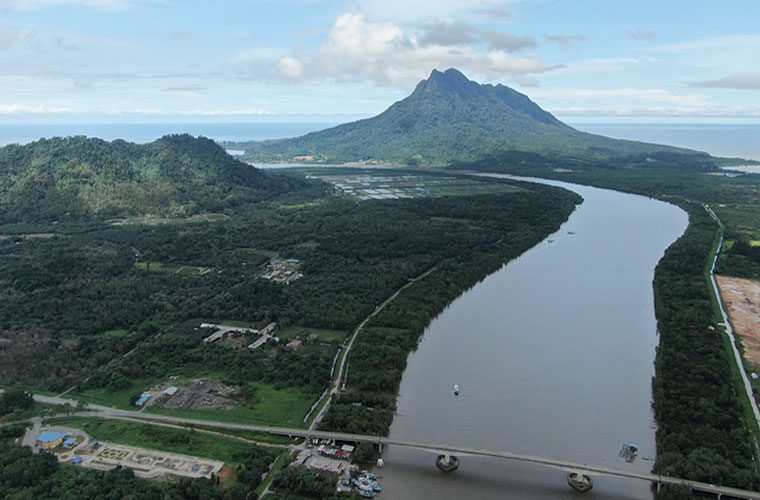
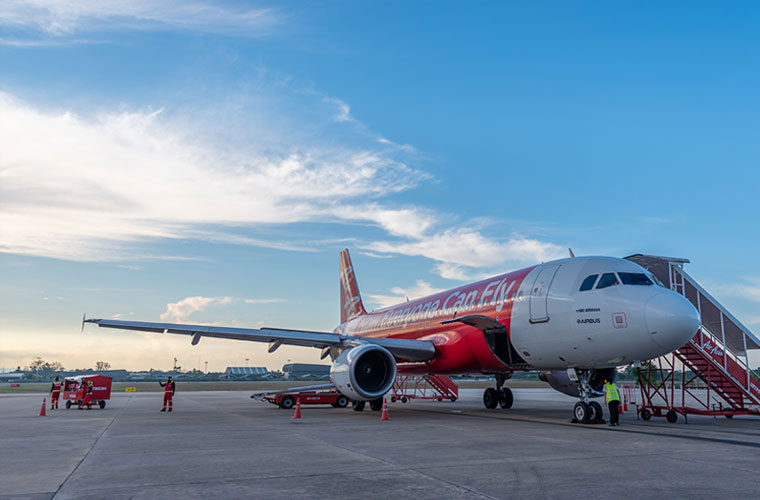
Sarawak also has modern and fully equipped ports as well as airport facilities for international and domestic linking. Kuching and Miri airports are the gateways to the southern and northern regions of the State, respectively.
The road network system connects all major towns within Sarawak as well as smaller villages and longhouse communities.
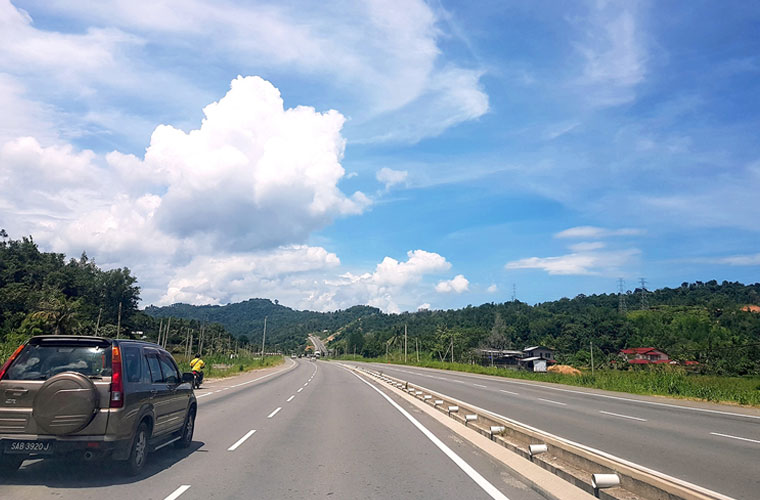
Travel Tips
Language
Even though Bahasa Malaysia is the national language, English are also widely use in the commercial communication.
In the local market, local Malay and other ethnic language are being use daily. A variety of native tongues such as Iban, Bidayuh, Melanau, Kayan, Kenyah, Lun Bawang, Kelabit, Penan and Bisayah are spoken. While Mandarin is the medium of instruction in Chinese medium schools, the Chinese also speak several dialects such as Hokkein, Hakka, Foochow, Teochew and Cantonese.
This is the multilingual uniqueness of Sarawak and its people.
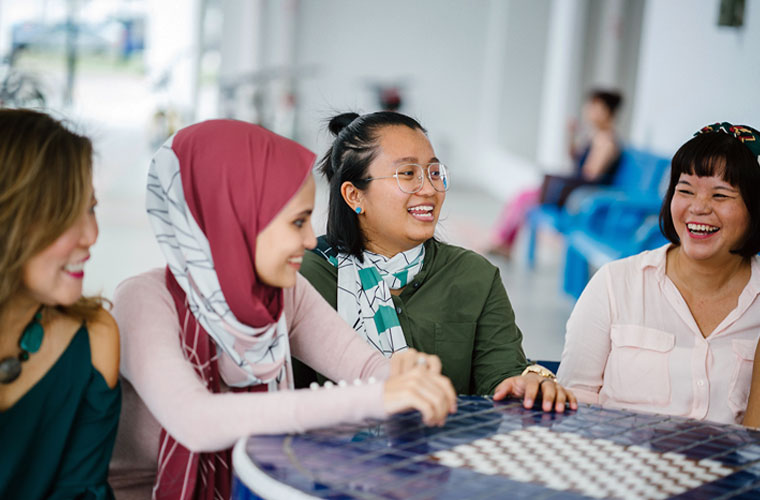
Religion
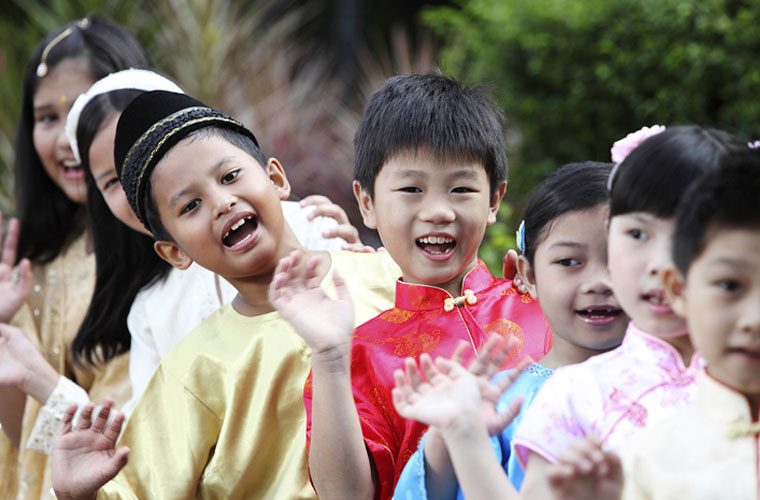
The residents of Sarawak are of different races and belief, they are able to live in peace and harmony. As a multi-religious society, it is common to see mosques, churches and temples built close to each other. Some of the major religious structures in Kuching are the Masjid Jamek mosque in Petra Jaya, the St Thomas and St Joseph's cathedrals in the City centre and the Tua Pek Kong temple on the waterfront. There are also several Hindu, Sikh, Buddhist and Taoist temples in and around the city.
Working Hours Which All Malaysians Follow
Most business premises are open Mondays to Fridays from 9am to 5pm. Shopping centres and arcades are usually open from 10am to10pm on a daily basis.
Currency
Ringgit Malaysia or MYR is the official currency of Malaysia with note available in RM100, RM50, RM10, RM5 and RM1 while 50sen, 20sen, 10sen, 5sen and 1sen are available in coins. Moneychangers are available in major towns and airports. Credit cards are also widely accepted.
Immigration Requirements
Visitors to Sarawak are required to fill in an immigration form upon arrival. Malaysia has strict anti-drug trafficking laws and those caught smuggling illegal drugs will be sentenced to a mandatory death penalty. Every person entering the country must possess a valid Passport or internationally recognized Travel Document. Visitors may also use a Document in lieu of Passport from the Immigration Representative for entry purposes. Application for the Document in lieu of Passport can be made at any Malaysian Representative Office abroad.
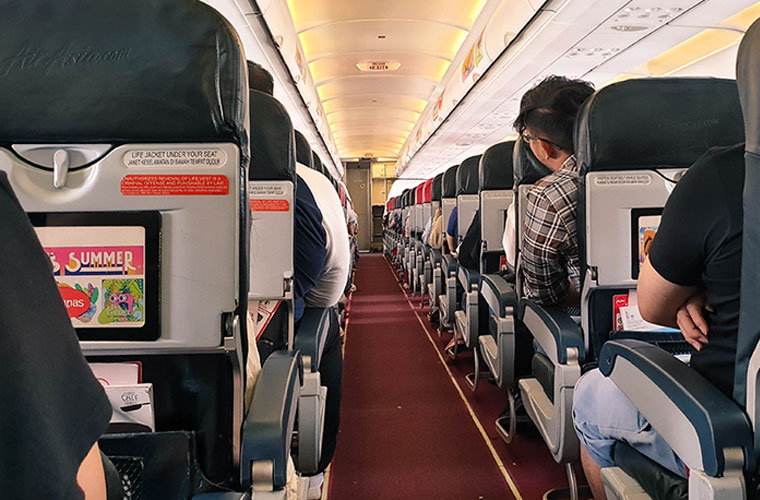
Visa Requirement
Foreign nationals who require a visa to enter Malaysia must apply and obtain a visa in advance at the Malaysian Representative Office before entering the country. A visa is an endorsement in a passport or other recognized travel document of a foreigner indicating that the holder has applied for permission to enter Malaysia and that permission has been granted. A visa that has been granted is not a guarantee that the holder will be allowed to enter Malaysia. The final decision lies with the Immigration Officer at the entry point.
Arrival/Departure Card
Visitors are required to complete the Arrival/Departure Card (Imm.26) upon arrival at the gazette entry points. This card is available at any entry point, Malaysian Representative offices abroad or at travel agencies.
They must present his/her passport together with the duly completed arrival / departure card to the Immigration officer on duty and he/she must ensure that the passport or travel document is endorsed with the appropriate pass before leaving the immigration counter.
Tipping
In Sarawak, service charges are included in billings for food, beverages and accommodation. Though tipping is not customary, some visitors are the exception to the rule.
Medical
Sarawak's government hospitals, clinics and dispensaries are located in all towns and larger villages. There are numerous private medical clinics, as well as pharmacies and Chinese medicine shops.
Communications
Mobile telecommunications cover many parts of Sarawak except for very remote areas. Public phones are available in most shopping malls, street corridors and villages in the outskirts of town.
Time
Sarawak is eight hours ahead of GMT
Clothing
Visitors are advised to remove their shoes before entering home or long houses of the local folk. They are encouraged to wear long sleeved shirts and long pants or skirts when visiting places of worship. Tourists who wish to swim or sun bathe must wear appropriate attire. Light and casual clothes as well as a good pair of walking or trekking shoes would suffice for day activities. If you plan to explore the jungle or participate in outdoor activities, the use of mosquito repellant and sun block is advised.
Souvenirs for home
Sarawak is a famous pepper producer so be sure to bring some back for your friends. Visitors also purchase frozen seafood and caviar of a local fish. Local food such as "Belacan" shrimp paste, birds' nests, fruit preserves and pickles allow you to share a taste of Sarawak's local delicacies. "Kain Songket", "Batik", beaded jewelry, woven mats and rattan baskets are reminders of the native's ingenious use of natural products. The musically inclined may wish to bring a variety of traditional instruments, such as the "Sape", "Jatung Utang" wooden xylophone and native gongs and drums. One of the most popular items sought by tourists is locally manufactured Sarawak pottery.
Places of Interest
Sarawak has a multitude of things to see and do, not least a lengthy and rugged jungle lined coast that has some incredible beaches.
Additionally, Sarawak has 15 ‘Totally Protected Areas’ (TPA), four wildlife sanctuaries and five nature reserves.
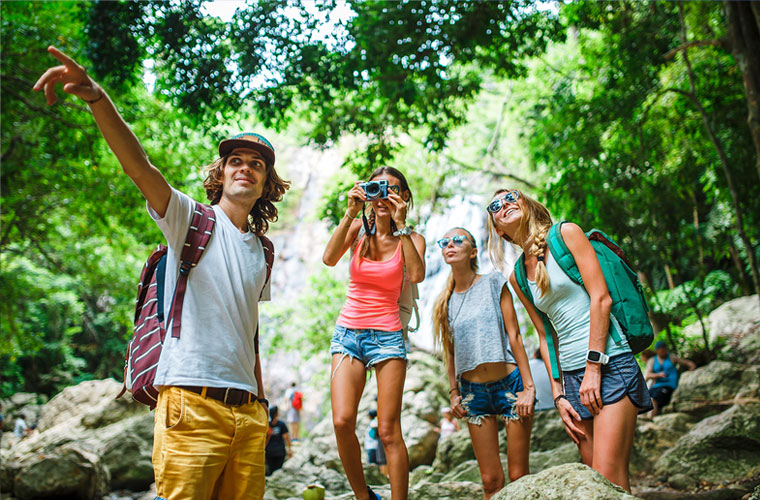
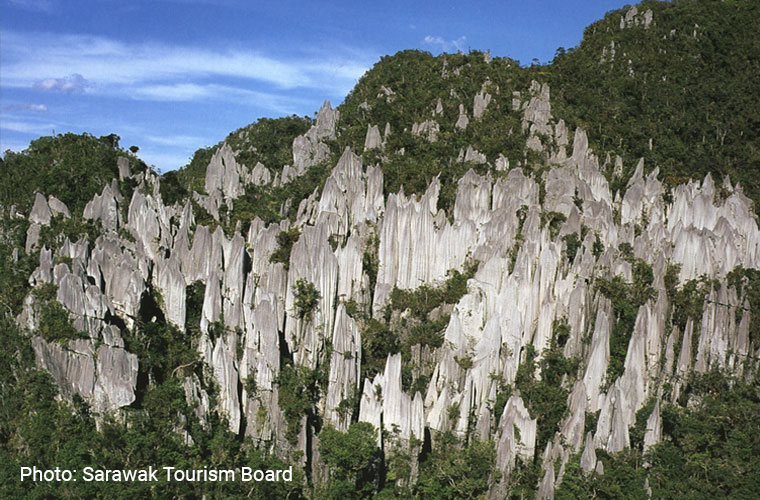
There are also 18 national parks including Mulu, Bako, Niah, Lambir Hills and Similajau
Niah National Park is the most historic park, with archaeologists having discovered the earliest dated modern skull in Asia in the world-famous Niah caves, whilst Mulu National Park is where visitors can find Gunung Mulu, a magnificent 2,377 meter high sandstone mountain, as well as vast caverns of limestone caves.
The city of Kuching and its vicinity have several recreational areas such as Stutong Park, Wind Caves and Fairy Caves and orangutan wildlife rehabilitation centres at Semengok and Matang. Visitors who are interested in Sarawak's history and cultural heritage can visit the Sarawak Museum, the Cultural Village at Damai or follow the Heritage Trail through the centre of Kuching.
Visit the Sarawak Tourism website for more information on places of interests and attractions
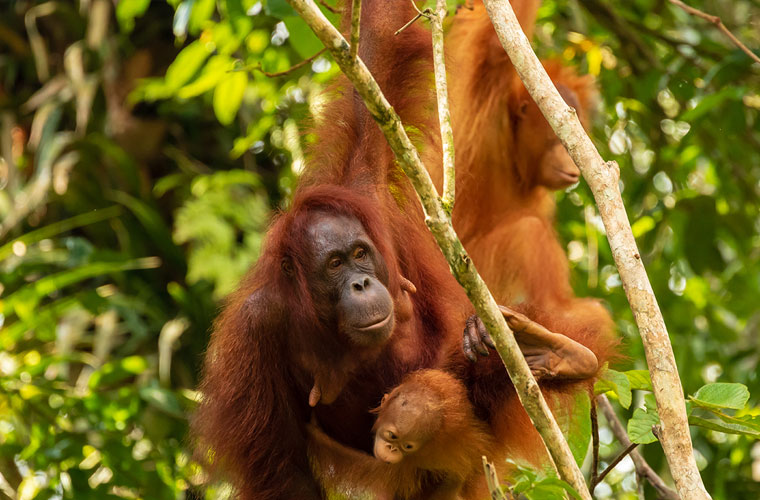
Malaysia My Second Home
Malaysia My Second Home (MM2H) Programme is an Initiative by the Government of Malaysia to attract and allow foreigners who fulfill certain criteria, to stay in Malaysia for as long as possible on a 10-year renewable Social Visit Pass with Multiple-Entry Visa. It is open to all foreigners from countries that have diplomatic relations with Malaysia regardless of race, religion, gender of age.
Visit the Malaysia My Second Home website for more Information on the criteria on MM2H Programme.
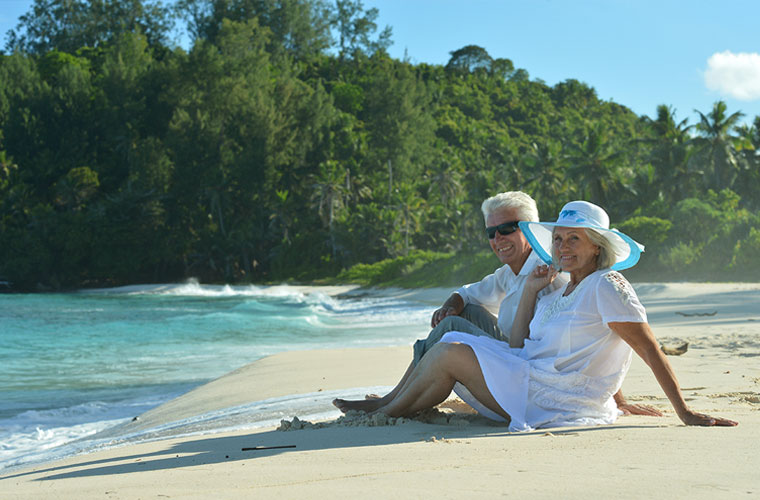
State Secretary
Sarawak State Secretary Office,
Level 20 , Wisma Bapa Malaysia
Petra Jaya, 93502 Kuching
Tel :082-441957
Fax :082-441677
Email: 555999@sarawak.gov.my
Copyright © 2018-2024 Sarawak Government. All rights reserved
Disclaimer: The Government of Sarawak shall not be liable for any loss or damage caused by the usage of any information obtained from this portal. Services provided through this portal are subject to the terms and conditions of the respective providers
Best viewed with latest Firefox and latest Google Chrome in 1024 x 768 screen resolution.
No. of visitors 10678194


